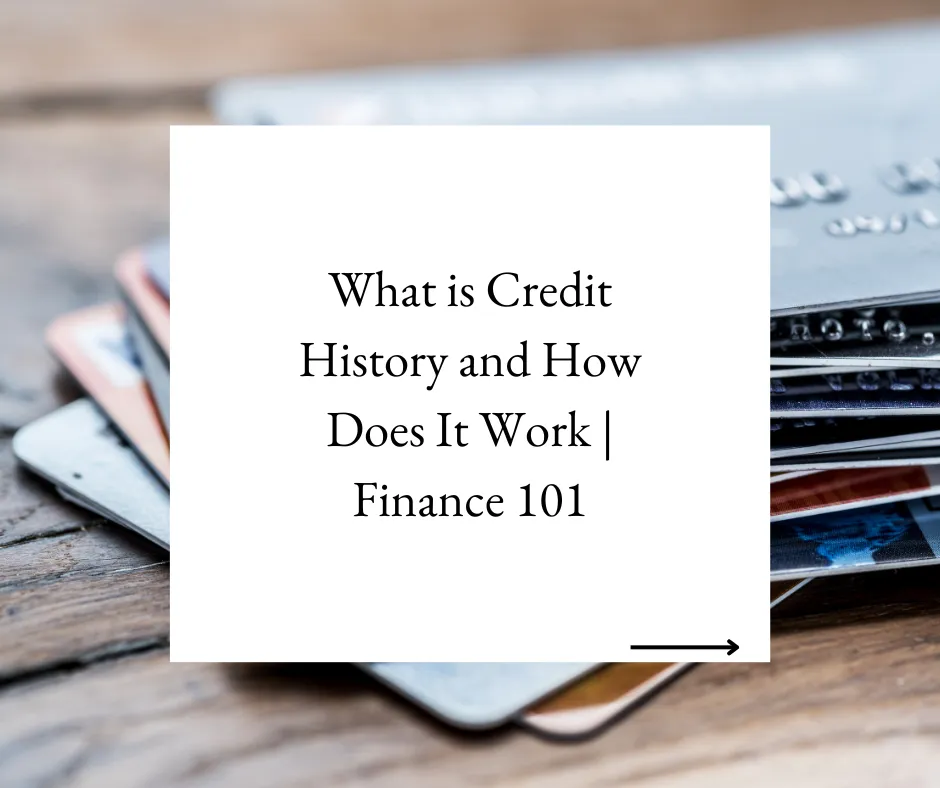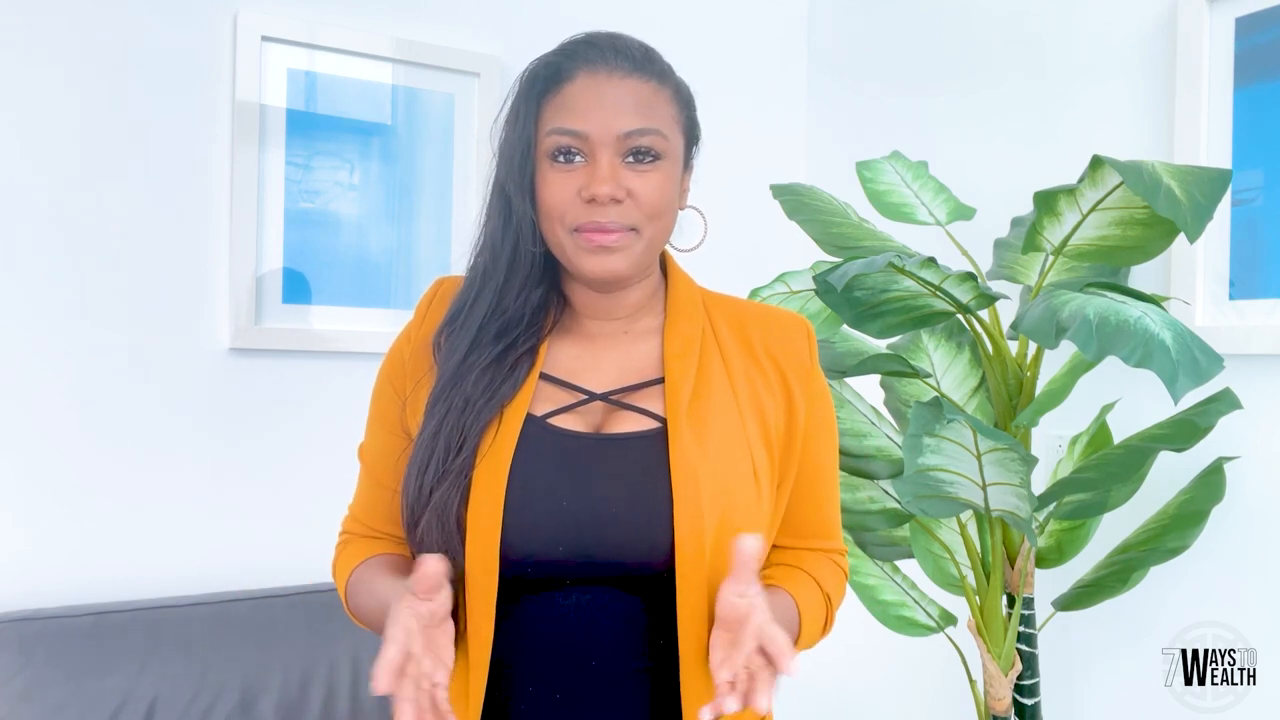BLOGS

Understanding Credit: A Comprehensive Guide
Understanding Credit: A Comprehensive Guide
Welcome to the realm of credit. I bet you've been hearing a lot about credit and how it impacts virtually every aspect of your financial life, but do you actually know what it is? Good news, you clicked the right link! This blog post promises to demystify what credit is and how it works. So, let's dive in, shall we?
So, What's Credit?
Let's kick things off by understanding what credit truly is! In a nutshell, credit is essentially your financial trustworthiness. It is a contractual agreement where you receive money, goods, or services now, and agree to pay for them later- typically in 30 days.
Imagine toddling into Walmart, filling up your cart, and making payment with a credit card at checkout. By doing so, you are purchasing these goods 'on credit.' Essentially, the credit card company pays for your purchases with the understanding that you would pay them back within a specified period. Everybody loves a good trust exercise, right?
The entities that provide you with credit—be they banks, service providers, online lenders, or merchants—are called creditors. They extend credit based on your credit reputation—do they know, like, and trust you to pay them back? This is often derived from your assessed creditworthiness and your established credit history.
"Creditworthiness is the degree to which a potential borrower is considered suitable to receive financial credit, often after an assessment by a lender."
Building Your Credit History
Every financial institution, service provider, or merchant you've ever received credit from since you turned 18 contributes to your credit history. This history is then documented into a report known as a credit report.
Unbeknownst to most people, your credit report is generated by three independent credit bureaus—Equifax, TransUnion, and Experian. Each of them maintains a separate report which doesn't always contain the same information.
Your credit report is essentially a record of how you've used and managed credit. It's sort of like a report card but for credit. It tracks your entire credit history from when you first started building credit to the present time.

The Crucial Credit Score
Your credit report also contains a score—which is like your credit GPA. In the credit world, there are two main score systems—the FICO and Vantage models—both of which range from 300 to 850. This score reflects your creditworthiness—the higher your score, the more creditworthy you appear to potential creditors. Conversely, lower scores imply less creditworthiness, often translating to bad, poor, or fair credit.
This Python function is an oversimplification, but it gives you an idea of how different credit ranges are typically classified.
You've now gotten a crash course into what credit is and the mechanisms that drive it. But our journey into the credit world doesn't stop here. The ultimate goal is to learn how to improve, build, or increase your credit score. So ready to take a deeper dive into how credit works? I'll see you in the next post!
In the meanwhile, ponder on this, how does your credit score measure up? Do you have strategies that you're currently employing to build or increase your score? I'd love to hear from you. Let's continue to unravel the world of credit together!

